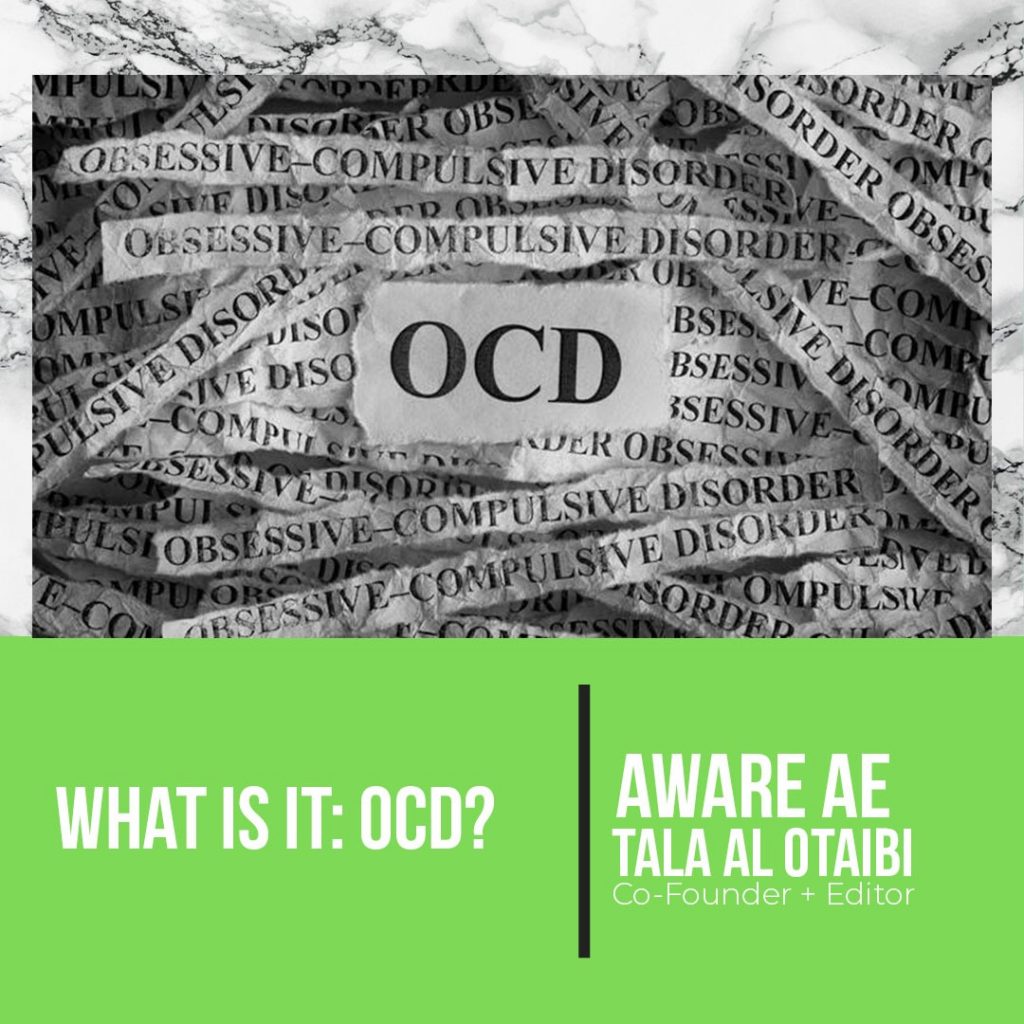Trigger warning: this article discusses OCD as a mental disorder.
Obsessive-compulsive disorder is a disorder that is, quite often, misunderstood and followed by many misconceptions. However, it is important to note that this disorder is not as simple as what society may sometimes show it off to be.
What is it?
Obsessive-compulsive disorder (OCD) is quite common and tends to be chronic and long-lasting. It is characterized by – from the name – obsessions and compulsions. The obsessions come in the form of reoccurring thoughts that the person has no control over. These obsessions often lead the person to engage in behaviors over and over.
Unlike common misconceptions, OCD is not just about being tidy and organized. OCD also includes symptoms like an intense fear of germs, unwanted thoughts regarding things that are considered forbidden in society, or aggressive thoughts towards yourself or others around you. These thoughts lead to behaviors that would relieve the immense anxiety felt. This can include excessively cleaning and tidying things around and in a specific order, repeatedly checking on random items around you, compulsive counting, and more.
What happens?
A person with OCD may experience significant dysfunction and impairment in his/her daily life. People with OCD cannot control and simply stop their thoughts from occurring. Their repeated behaviors do not stop the thoughts from occurring, either. They merely provide temporary relief until they feel need to satisfy those obsessions once more. This disorder may very much hinder functioning. For example, a person with OCD who feels the need to obsessively check on the lights at home may miss an important meeting or interview because they have a hard time leaving the house without checking the lights dozens of times before leaving.
People with OCD may even develop a tic disorder as a result of the great anxiety they experience. In this case, the tics may be motor or vocal. Motor tics include repeated eye movements such as blinking, jerking, or shrugging. Vocal tics include things such as sniffling or grunting repeatedly.
Being Mindful
OCD is not an easy disorder to live with. Due to common misconceptions and a lack of understanding, people tend to belittle the negativity that comes as a result of this disorder. Hence, if you know someone with OCD or is suspected to have it, it is very recommended to be mindful to them and to help them deal with this disorder as smoothly as possible. If you know something bothers them, try to avoid it. If they need to check something multiple times, do not rush them. Patience is key.
